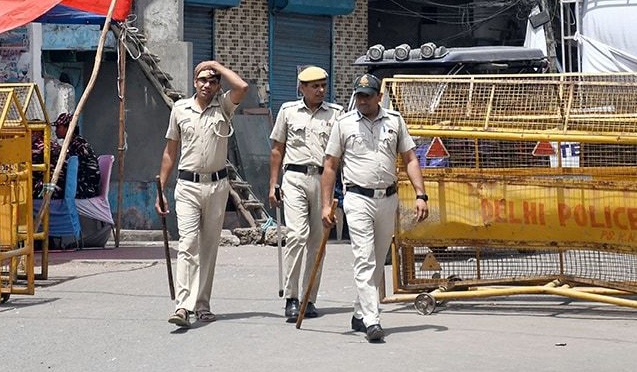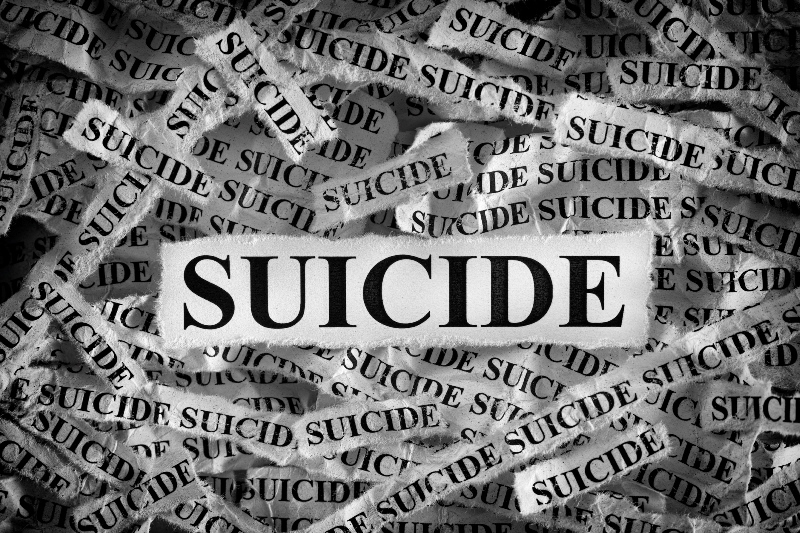Bhanu, Rajesh Sakriya’s mother, informed reporters that her son could have gone to Delhi to face Chief Minister Rekha Gupta because he was upset over the decision.

Incident at Jan Sunwai
Delhi Chief Minister Rekha Gupta was attacked on Tuesday during her routine Jan Sunwai (public grievance meeting) at her Civil Lines camp office. The attacker, identified as Rajesh Bhai Khimji Bhai Sakariya, a 41-year-old auto-rickshaw driver from Rajkot, Gujarat, approached the Chief Minister under the pretext of submitting papers. Moments later, he grabbed her hand and attempted to pull her forward, creating chaos in the gathering.
Eyewitnesses initially claimed the Chief Minister was slapped, but police officials later clarified it was a forceful tug that left her shaken and slightly injured. She was immediately examined by doctors and declared stable.
Security personnel quickly overpowered the man, preventing further harm, but the incident has triggered serious questions about the safety of top political leaders during public interactions.
Premeditated Action
Investigations revealed that the attacker had conducted a recce of the Chief Minister’s residence and office before the incident. According to Delhi Police sources, he was spotted near Civil Lines the previous night and even captured videos of the Chief Minister’s houses in Shalimar Bagh and Civil Lines.
This preparation suggests the attack was not spontaneous but carefully planned. Officials confirmed he had no official grievance papers in hand during the Jan Sunwai, strengthening suspicions that he came with the intent to create a disturbance.
The Attacker’s Background
The accused, Rajesh Sakariya, hails from a modest family in Rajkot, Gujarat. He worked as an auto-rickshaw driver and was known in his neighborhood for his fondness for animals, especially dogs. His mother, Bhanuben Sakariya, described him as a sensitive man who was deeply upset after the Supreme Court’s recent order directing the capture and relocation of stray dogs in Delhi-NCR.
“He loves dogs, cows, and birds. When the Supreme Court said all stray dogs should be captured, he became very disturbed. His mother told reporters, “He told us he wanted to protest in Delhi. He has no political links.”
Family members also revealed that Rajesh had a history of mental health issues and often refused to take prescribed medication. At home, he reportedly displayed violent behavior, sometimes turning aggressive towards his family. His mother stated, “He has a mental illness but never takes medicine.He loves animals, but his behavior has become aggressive.”
Supreme Court’s Stray Dog Ruling
The incident cannot be separated from the wider debate over stray dogs in Indian cities. On August 11, 2025, the Supreme Court directed authorities in Delhi-NCR to capture and relocate stray dogs to designated shelters after a rise in dog bite incidents and public complaints.
The ruling sparked outrage among animal lovers and activists, who argued that mass relocation would cause distress to dogs and break long-established community feeding networks.
Rajesh Sakariya, according to his mother, was one of those emotionally shaken by the verdict. He reportedly travelled to Haridwar first, and later moved to Delhi, with the intention of joining protests against the ruling. Instead, his frustration turned into aggression against the Chief Minister, whom he possibly viewed as responsible for implementing the order.
Political and Public Reaction
The attack drew immediate condemnation across party lines. Delhi BJP president Virendra Sachdeva called the incident “shameful” and assured the public that the Chief Minister was safe. He emphasized that while public leaders must remain accessible, security protocols should never be compromised.
Atishi of the Aam Aadmi Party (AAP) was among the opposition leaders who denounced the attack. “In a democracy, there is space for disagreement but not for violence. This is unacceptable. The police must take strictest action,” she said in a statement.
The incident has reignited debate on the security of top leaders during Jan Sunwai sessions, which are designed to ensure direct contact with citizens. While the practice boosts public trust, experts warn that such open events carry risks when background checks and frisking are not strict enough.
Security Concerns
Despite being under Z-plus security cover, the fact that an outsider could approach and physically engage with the Chief Minister has raised eyebrows. Police have begun reviewing security arrangements and are considering stricter screening procedures for all visitors at public hearings.
Senior officials indicated that additional CCTV surveillance, frisking, and controlled entry points will likely be made mandatory going forward.
Animal Welfare Debate
Beyond security, the incident also highlights the larger crisis of stray dog management in India. While residents in many areas complain about the rising number of bites, feeders and activists argue that mass removal of dogs is neither humane nor effective.
Animal rights experts insist that the solution lies in strengthening the Animal Birth Control (ABC) program, mass sterilization, and vaccination drives—rather than removing strays from their natural territories.
“The stray dog menace has reached gigantic proportions, and people deserve relief,” said CM Rekha Gupta, who has previously recognized the issue. But we must find a humane and practical solution in line with the Supreme Court’s direction.”
Mental Health Angle
The attacker’s mental health condition adds another layer to the incident. India faces a growing mental health crisis, with limited access to psychiatric care in smaller towns. Experts say Rajesh’s case underlines the urgency of community-based mental health support.
Unaddressed psychological issues, combined with strong emotional triggers—like the stray dog verdict—can escalate into unpredictable and dangerous behavior.
Current Status of the Case
Rajesh Sakariya has been taken into custody and charged with assault and breaching the security of a public office. He is being interrogated by the Delhi Police’s Special Cell. Investigators are also coordinating with Gujarat police to verify his medical history and criminal record, if any.
Authorities are examining whether he acted alone or was encouraged by any group. At present, officials maintain that the attack appears to be the result of personal frustration and mental instability, not a politically motivated plot.
What Lies Ahead
For the Chief Minister – Rekha Gupta is safe and expected to resume public meetings after a security review.
For Delhi Police – A comprehensive overhaul of Jan Sunwai security protocols is on the cards.
For Animal Welfare Policy – The attack has intensified calls for compassionate but practical policies on stray dog management.
For Mental Health Awareness – The incident highlights gaps in diagnosis, treatment, and public awareness of mental illness in India.
Conclusion
The attack on Delhi Chief Minister Rekha Gupta is a stark reminder of how personal anguish, unaddressed mental health challenges, and controversial public policies can collide in dangerous ways.
While the Chief Minister escaped without serious injury, the episode has sparked multiple debates—about public safety, humane treatment of animals, and the fragile state of mental health care.
For Delhi and the nation, the takeaway is clear: leaders must remain accessible, but safety cannot be compromised. At the same time, policies must be designed with both public security and compassion in mind—because governance is ultimately about balancing competing concerns without letting emotions spill into violence.
for more news click here


